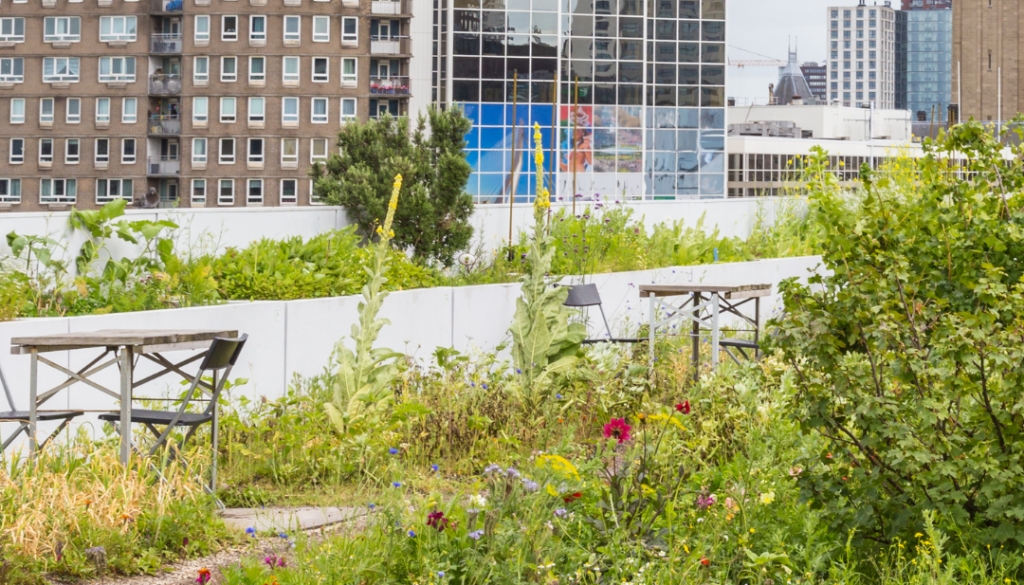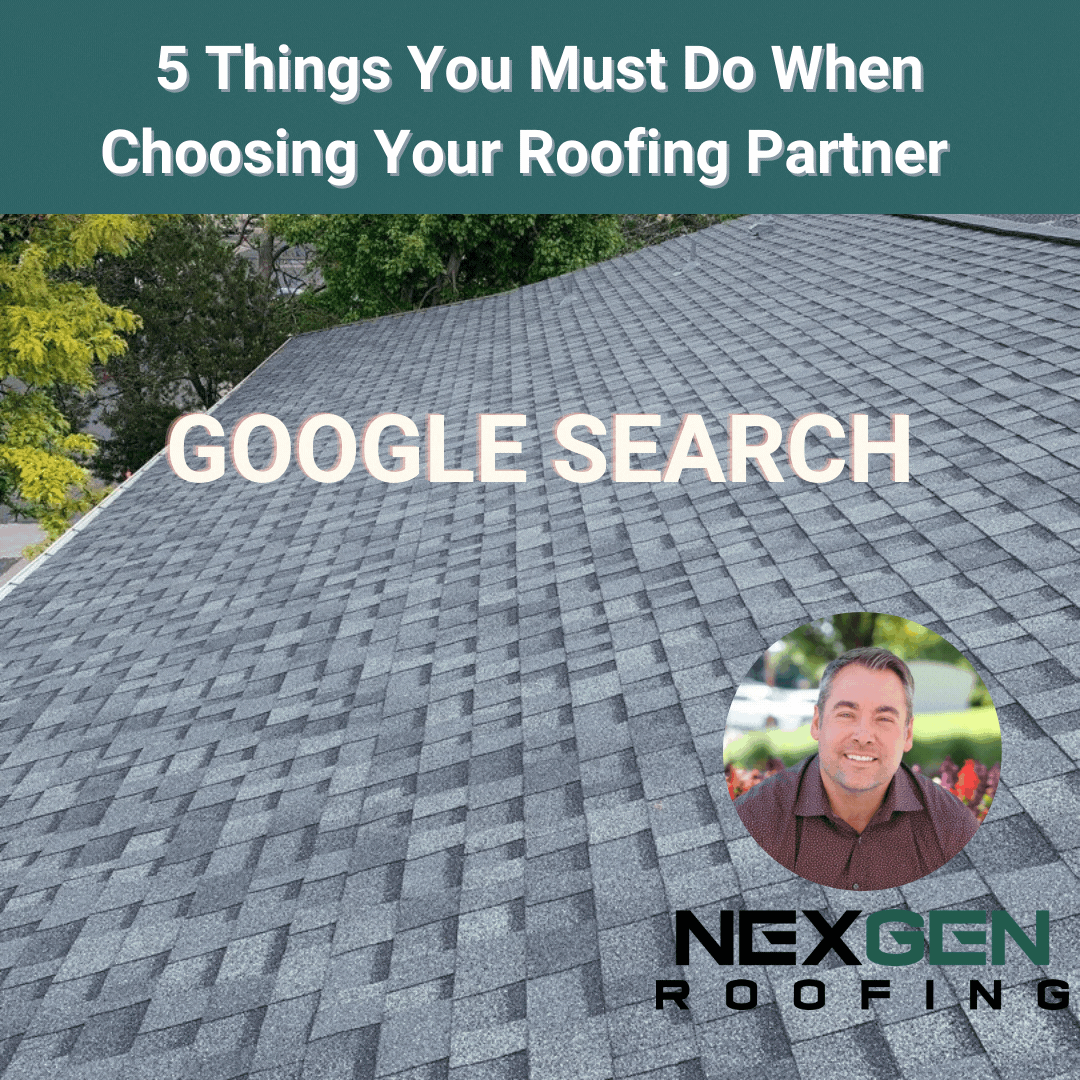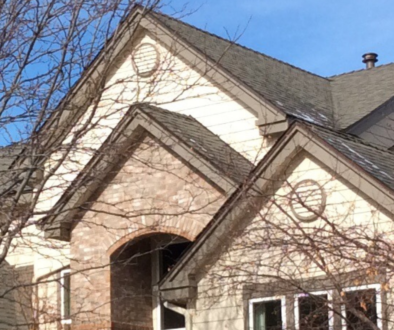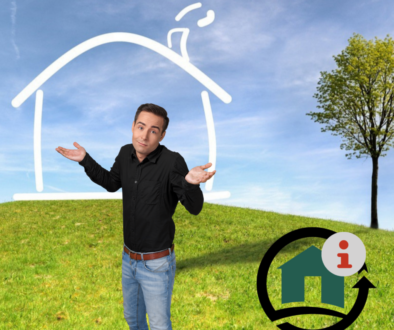Denver’s Green Roofing Ordinance for Commercial and Multi-Family Roofing
Denver’s Green Roofing Ordinance for Commercial and Multi-Family Roofing
If you are thinking about replacing your commercial or multi-family roof in the City of Denver, then here are 5 things you must know to make sure your roof is compliant with Denver’s new Green Building Ordinance!
1. Minimum Requirements: If your building’s total square footage is over 25,000 sf, then the roof replacement request must go through Denver’s Green Building Ordinance review. There are a few exceptions, but for the most part buildings over 25,000 sf will be subject to review. The review for a Green Roofing permit is a much longer process than pulling a traditional roofing permit for a single-family residence and your commercial or multi-family roofing permit could take up to a few weeks or longer for review and approval.
2. “Cool Roof”: One of the main requirements for Denver’s Green Building Ordinance is to install a “cool roof” system.
a. For flat commercial roofs, the roof must meet “cool roof” requirements, such as a highly reflective membrane, appropriate insulation, and air/moisture barrier. The membrane could be TPO (Thermoplastic Polyolefin) or white EPDM (Ethylene Propylene Diene Terpolymer). If you are getting estimates to replace your roofing system, ensure the estimate includes the above requirements for a “cool roof” in Denver.
b. For steep-sloped roofs, be careful as Denver may require the use of “Cool Roof” shingles. If that’s the case, the costs for a “Cool Roof” shingle system are dramatically more expensive than traditional shingles and the lead time to have them delivered to Colorado could be weeks to months. For more information on steep slope “cool roof” systems check out Owens Corning Website: https://www.owenscorning.com/en-us/roofing/shingles/feature/coolcolor
3. Compliance Options: Additionally, on top of the “cool roof” system, Denver may require you to meet one of the following compliance options:
a. Green Roofs / Green Space: Very expensive!
b. Installing on Site or Purchasing Off-site Solar or other renewable energy: Very Expensive!
c. Energy Cost Savings: Cost-Effective!
d. Green Building Certifications: Cost-Effective! Check https://energizedenver.org/ to see your building’s ENERGY STAR score.
e. Payment to the Green Building Fund: Very Expensive and a waste of money in my opinion!
f. Energy Program: There is not much information on this program as the link on Denver’s website is “404! Not found…”
To review all of the ordinances check out Denver’s Green Building Ordinance website: https://www.denvergov.org/content/denvergov/en/denver-development-services/commercial-projects/green-roof-initiative.html
4. Exemptions: There are a few exemptions to the Green Building Ordinance and it is important to work with an experienced contractor to ensure you comply. For example, residential buildings 25,000 sf but 5 stories or less AND less than 62.5 feet in height must still meet the ordinance’s “cool roof” requirement but are exempt from having to choose a compliance option. It is important to read the ordinance in full if you are thinking about replacing your roofing system in Denver. Click here to download the full ordinance.
5. Alternative Options: There are always alternatives to replacing your roof and the one we like the most is a silicone roof coating system by Gaco. There are many benefits to a silicone roof coating:
a. Avoid the high costs of fully replacing your roof. Silicone coatings can be a third to half the cost of replacing a roof!
b. No Green Building Ordinance Review. Roof coatings do not require a permit and silicone coatings are non-invasive as they are applied over your existing roof system!
c. Tax advantages. Silicone Coatings can be classified as a repair for your building. For more information, we suggest you speak to your CPA on potential tax savings of building repairs.
d. Silicone is permanent and will not degrade, chalk, or crack under harsh UV rays!
e. Forms a seamless membrane that withstands permanent ponding water without softening!
For steep-slope roofs, there may other alternatives your contractor may not be aware of to accommodate your budget while still complying with Denver’s Green Building Ordinance. So it’s important you deal with a Denver Roofing Contractor who knows the code.
The Denver Green Building Ordinance has a lot of question marks and grey areas since its implementation in 2018. Having an experienced, licensed Denver Roofing Contractor will help guide you through the ordinance to ensure you will not make a costly mistake!
Make sure your estimates include information about Denver’s Green Building Ordinance and potential requirements. If your bids do not include any information on Denver Green Building Ordinance or information that guides you through the process, then chances are you may be dealing with an inexperienced roofing contractor who does not fully understand the code and requirements to replace your roof!
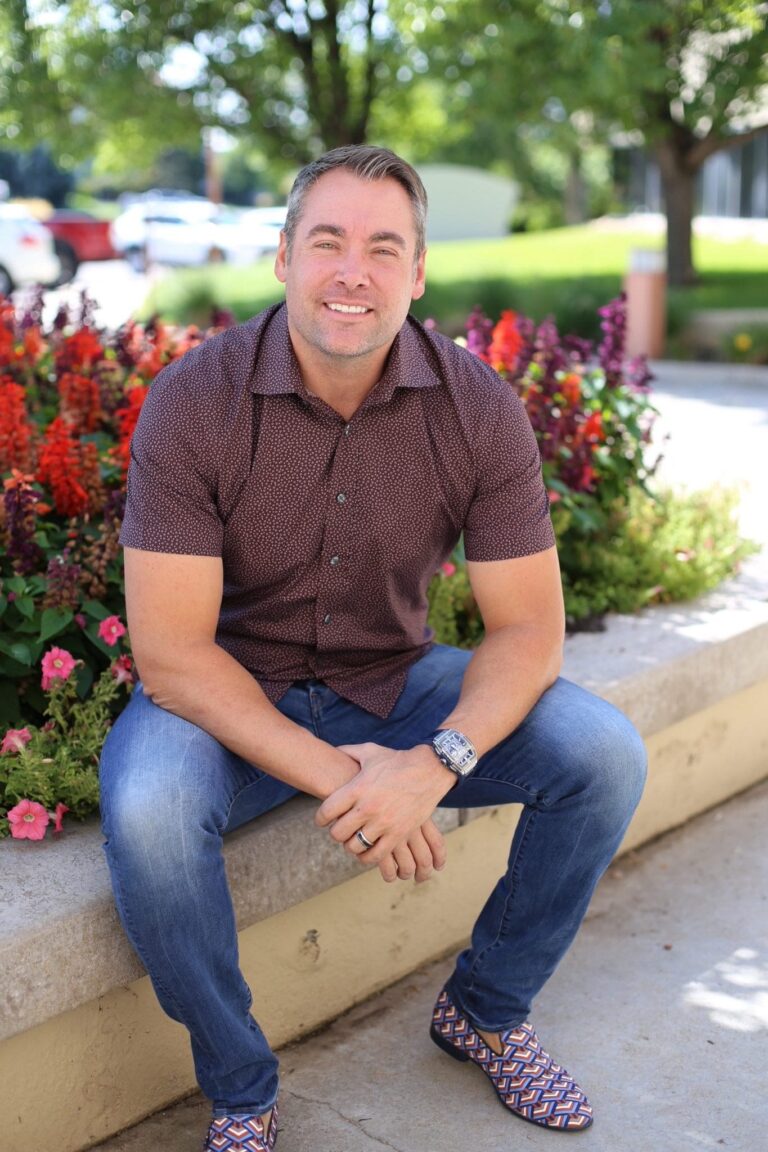
Joel Massey, Owner- Executive Officer
Featured Posts
Lean more about NexGen Roofing’s Commercial and Multifamily Green Roofing Services:

